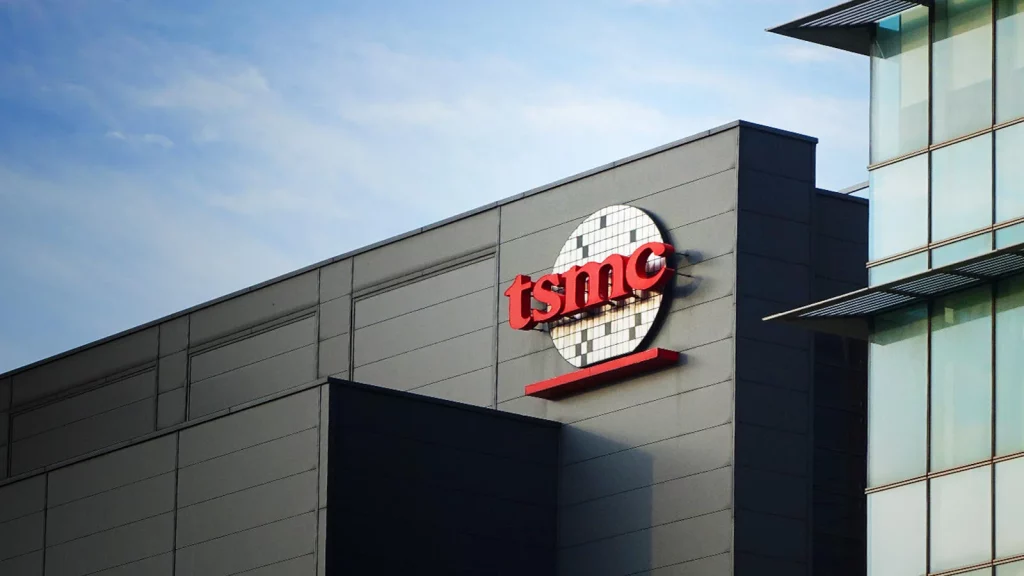Taiwan Semiconductor Manufacturing Company (TSMC) experienced a decline in profits for the first time in four years, as it reported a 23% drop in earnings for Q2. Despite the upcoming launch of Apple’s iPhone 15 series featuring the highly anticipated 3nm process, TSMC’s revenue stood at NT$480.841 billion ($15.411 billion), down 10% from the previous year. The net profit also significantly declined by 23.3% to NT$181.8 billion ($5.818 billion). However, TSMC’s gross margin of 54.1% exceeded market expectations of 53.3%.

TSMC’s First Profit Drop in Four Years
The primary cause for the slump in profits is attributed to the overall slowdown in the smartphone market, which directly affected TSMC’s largest customer, Apple. Consecutive sales drops for Apple’s products led to a downward revision of TSMC’s annual revenue outlook, with a 10% reduction in sales projections. While TSMC received additional orders from AI chip companies such as NVIDIA, it was not enough to compensate for the decline in the smartphone market, which turned out to be more significant than anticipated.
In terms of potential future prospects, TSMC may benefit from Google’s reported shift from Samsung to TSMC for the production of its custom Tensor G5 chip, expected in 2025. Although Samsung processors will still be used in upcoming Pixel phones until 2024, the switch to TSMC’s 3nm process holds the promise of improved power efficiency and performance.
On the other hand, Samsung Foundry reportedly surpassed TSMC’s yield rate with a 60% yield on its 3nm chips, compared to TSMC’s 55% yield. This could attract companies like AMD, as higher yield rates provide cost advantages, making Samsung’s 3nm node an appealing option for future AI and data center components.
The challenges faced by TSMC, as the leading producer of the world’s most advanced processors used in Apple devices, are further compounded by a decrease in consumer electronics demand post-pandemic. The surge in demand for laptops and smartphones during COVID-19 lockdowns led to an oversupply of chips. However, with inflation impacting consumer purchases, excess chip inventories are putting downward pressure on prices. Additionally, the global smartphone market witnessed an 11% decline in Q2, as reported by Canalys, further complicating the situation for TSMC.
RELATED:
- TSMC anticipates minimal impact from China’s export controls on Rare Metals
- TSMC Confirms Cybersecurity Incident and Data Breach, LockBit Demands $70 Million Ransom
- TSMC’s Kumamoto Plant: Chip Orders Exceed Production Capacity, Even Before Mass Production
- Google Pixel Fold vs Samsung Galaxy Z Fold4: Specs Comparison
(Via)







